Mozambique: Chapo wants parliament in Mocuba, thematic capitals
Mozambique: New wave of attacks in Cabo Delgado worrying political parties
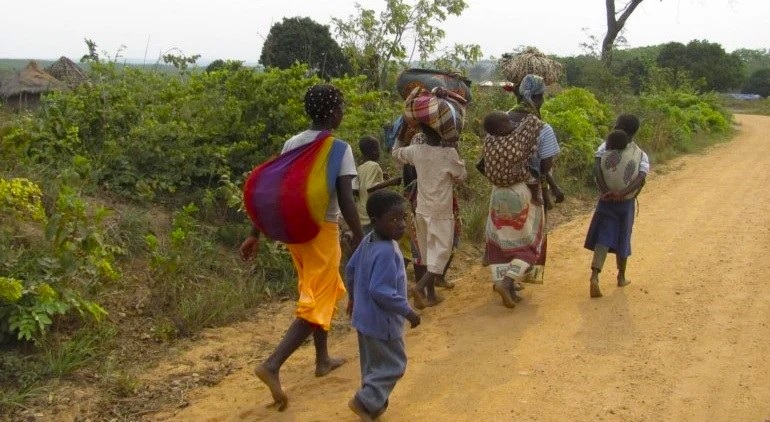
Image: RTP Africa
The new wave of armed violence in the Mozambican province of Cabo Delgado dominated the speeches at the resumption of the plenary sessions of parliament on Thursday, with the opposition demanding that the executive find mechanisms for dialogue with the insurgents.
The head of the benches of the Front for the Liberation of Mozambique (Frelimo), the party in power with a qualified majority in parliament, Sérgio Pantie, said that “after a period of a certain calm and the return of residents to their villages, the terrorists have engineered some sporadic attacks, causing deaths, destruction of infrastructure and terror among the public”.
“All these actions carried out by the terrorists are intended, once again, to create instability in that region, rich in natural resources and the world’s third largest gas reserve, preventing the development of our country,” said Pantie.
Regardless of party affiliation and ideology, he continued, Mozambicans must unite in the search for peace and security in Cabo Delgado.
The leader of the benches of the Mozambican National Resistance (Renamo, the main opposition party), Viana Magalhães, questioned whether the upsurge in armed violence in Cabo Delgado was not aimed at creating conditions to make the general elections of 9 October unfeasible and maintain the current government, calling for the identification of mechanisms for dialogue with the armed groups.
“We are witnessing a war in Cabo Delgado that has no explanation from the government and, with the end of the current government’s mandate approaching, there is an upsurge in military action in Cabo Delgado, what message do they want to send?” asked Magalhães.
“Our children are being decimated in Cabo Delgado, without guilt or mercy, in actions that clearly show that these are planned killings to panic Mozambicans,” he emphasised.
The leader of the Mozambique Democratic Movement (MDM), the third largest party, Lutero Simango, also called for dialogue with the armed groups operating in Cabo Delgado, pointing out that the violence is weakening the state.
“After seven years of terrorism in Cabo Delgado, it is incomprehensible that the government does not use its intelligence effectively to understand the real motivations behind these actions, their origins, sponsors and the possibilities of establishing lines of dialogue to normalise life in Cabo Delgado and the country in general,” said Simango.
The cycles of armed violence have harmed human development, slowing down the country’s development and making the state weak, he added.
In recent weeks there have been reports of attacks by insurgent groups in various villages and on the roads of Cabo Delgado, including approaching vehicles, kidnapping drivers and demanding money for the public to travel on some roads.
A week ago, the extremist group Islamic State (IS) claimed responsibility for a terrorist attack in Macomia, Cabo Delgado, which killed at least 20 people, one of the most violent in several months.
The province of Cabo Delgado has been facing attacks claimed by IS for six years, which has led to a military response since July 2021, with support from Rwanda and the Southern African Development Community ( SADC), liberating districts near gas projects.


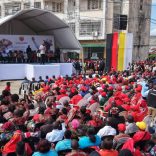
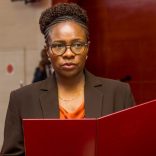
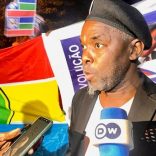
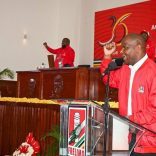






Leave a Reply
Be the First to Comment!
You must be logged in to post a comment.
You must be logged in to post a comment.